After busy weeks of paying bills, running errands and cleaning a ton of laundry, I start to reminisce about being a kid — a time when the biggest challenge of my day was trying to sleep during Kindergarten nap time. But then I consider how some of the conversations with my 4-year-old typically go.
“Can we get a cake-pop?” she asks. No. “What about a playdate?” Also no. “Can we go to the pool?” “Can I watch a show?” “Just a little one?” No, no and no.
Kindergarteners hear the word “no” a lot. Yes, childhood can be magical, but kids depend 100 percent on caregivers to make the magic happen. When it doesn’t, the results can be disastrous.
If you’re guilty of any of the following common parenting faux-pas, don’t panic. By making small, consistent adjustments to your parenting style, you can improve your family dynamic, saving your kids (and self) from stress, anxiety and, let’s face it, some rather expensive therapy bills.
Stalking Them Like a Crazy Ex
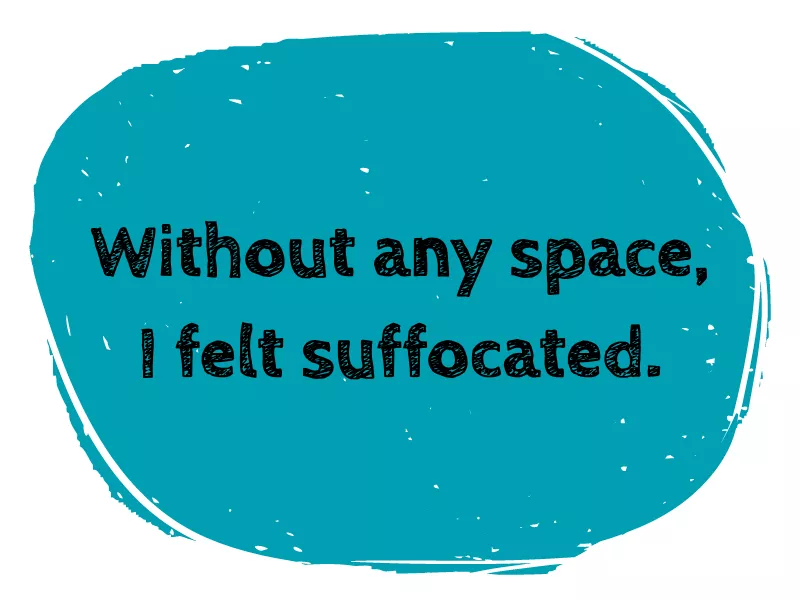
As a kid, I knew my mom loved me. She was a stay-at-home parent and devoted every waking minute to giving me the best possible childhood. She loved me so much that she attended every one of my music lessons. She worked at my school. She knew my test grades before I did. She loved me, no question about it … but maybe a little too much. Without any space, I felt suffocated.
To her credit, my childhood was, for the most part, spectacular. I think I turned out pretty okay, too. To say I escaped childhood without any “issues,” however, would be a big stretch. My mom preferred me to be home, so my social life was less than ideal. Because someone was always watching my every move, I made an unfortunate conclusion: Without someone breathing down my neck, I didn’t have what it took to excel. If I did, why would my mom feel the need to supervise me so closely? While hovering comes from a spirit of protection and concern, the message it sends is not a healthy one.
The Solution: Leave Room to Grow
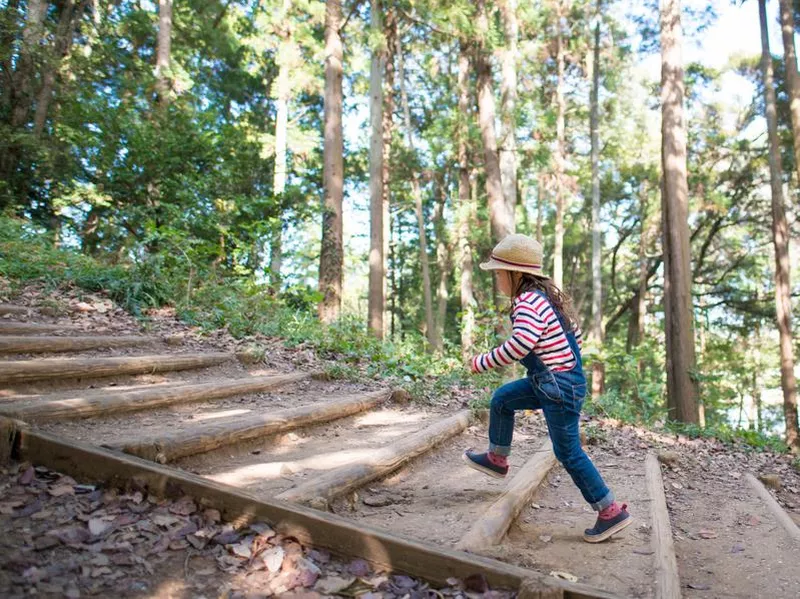
Trust your kid to make his or her own decisions. Getty Images
Confidence and independence are just like feet. When it’s time to buy new shoes, every parent knows to buy a half-size up. Kids grow so quickly that if you buy the size that fits perfectly right now, they’ll be too tight next week.
Parenting is very much the same; hold children too tightly and you’ll stunt their social and emotional growth. Instead, loosen your grip a little. Trust they can handle it. You’ll be amazed at the flowers that bloom when you stop crushing the buds.
Missing Out on Mud
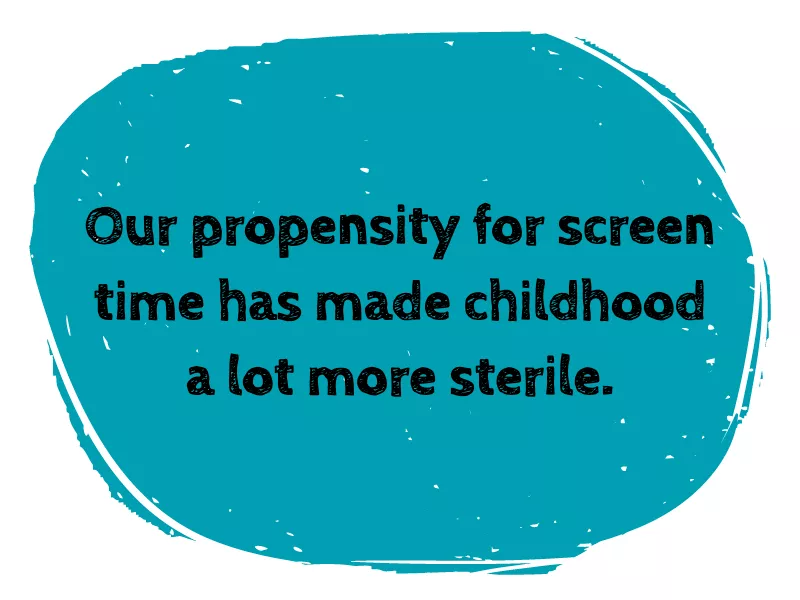
Growing up in 2019 has a great number of perks. Our kids will never need to know how to use an atlas. Research papers don’t require hours in the library. Yes, those little screens we love so much have revolutionized childhood, but not all the changes are good.
Our propensity for screen time has made childhood, in many ways, a lot more sterile. Tweens are now spending a whopping average of four hours and 36 minutes on screens every day, according to NBC News. The average for teens is nearly seven hours a day. Yikes! This much screen time is strongly correlated with rising rates of childhood obesity and related health conditions that are much harder to remedy during adulthood. Constant visual stimulation also harms our ability to focus and use our imagination. Is that really what we want to feed young, developing brains?
The Solution: Quit Being a Hypocrite
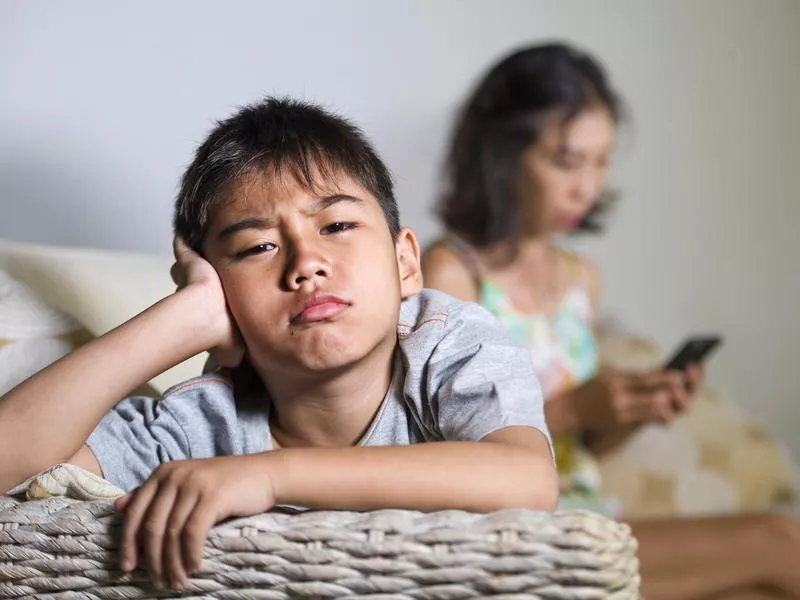
Get off your smartphone to set the right example. Getty Images
While less screen time seems easy enough to enforce, in practice, it’s pretty tough. Most modern parents live on their phones. If we can’t shut them off, how can we expect our kids to? While it’s unreasonable to eliminate screen time completely, it’s important to set aside time to unplug and get outside … and that means you, too!
Bring back some of that outside play time with consistent trips to local parks. Rituals like weekly picnics, hikes or bike rides will remind kids how fun being active and getting outside can be. In addition to boosting memory, attention span and overall well-being, quality time sans screens can bring your family closer together, too!
Giving Them Too Little Responsibility (or Too Much)
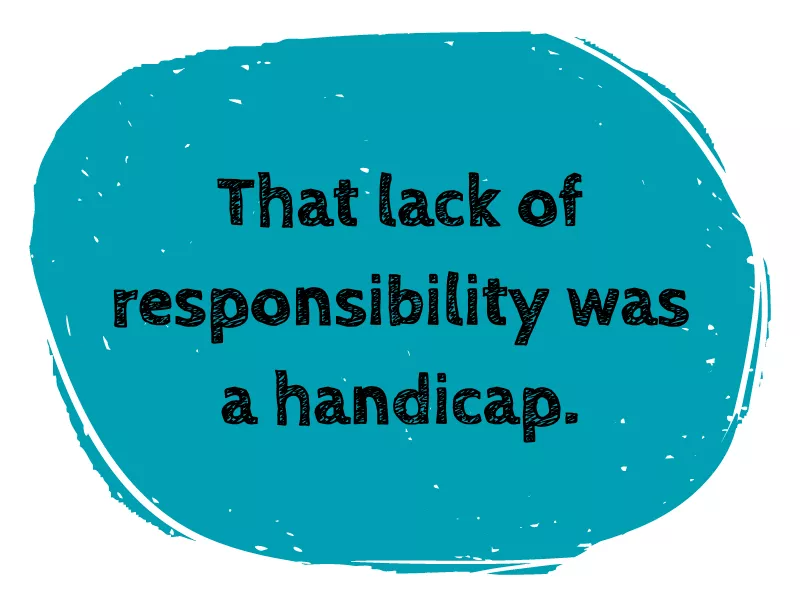
As an only child, I was treated like a queen. I didn’t touch a dish until I was probably 14. By the time my mom decided waiting on me hand and foot wasn’t fun anymore, convincing me to do my own laundry or take out the trash was a tough sale. That lack of responsibility was a handicap.
I fully expected life to be easy and collapsed at any challenge. Expecting too much too soon can have, surprisingly, a similar result. When kids are consistently expected to accomplish tasks that they aren’t ready for, their self-confidence and motivation suffers.
The Solution: Find a Happy Medium
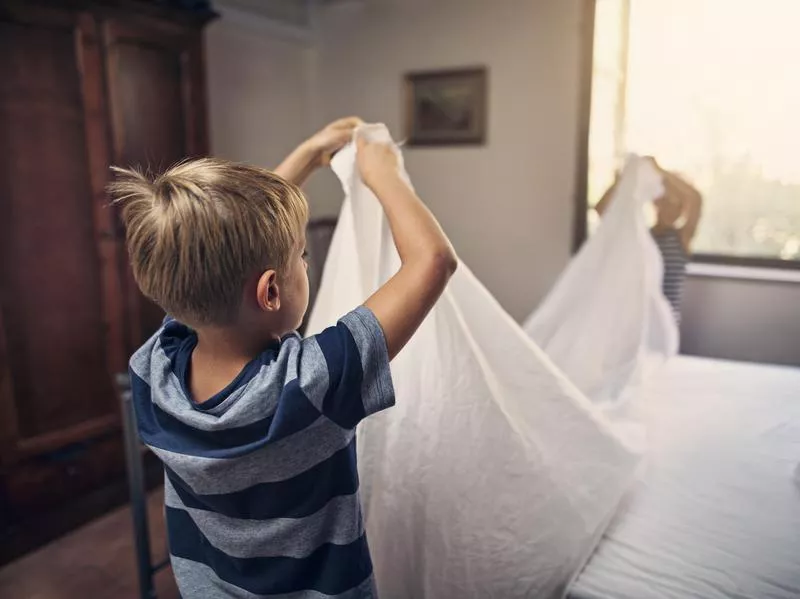
Chores should be age appropriate. Getty Images
To get this one right, make sure your expectations are age appropriate. It’s reasonable to expect two- to three-year-olds to put toys away or fill up the dog’s food bowl, but unloading the dishwasher or setting the table is better left to the five- to six-year-olds, according to WebMD. By age eight or nine, children can become active participants in the household, chipping in to help make dinner, fold their own clothes and even vacuum.
Assign chores you know your child is capable of, and praise them when they do them well. Gradually add more challenging chores and show them hard work pays off by increasing privileges to match.
Showering Them With Toys Instead of Time
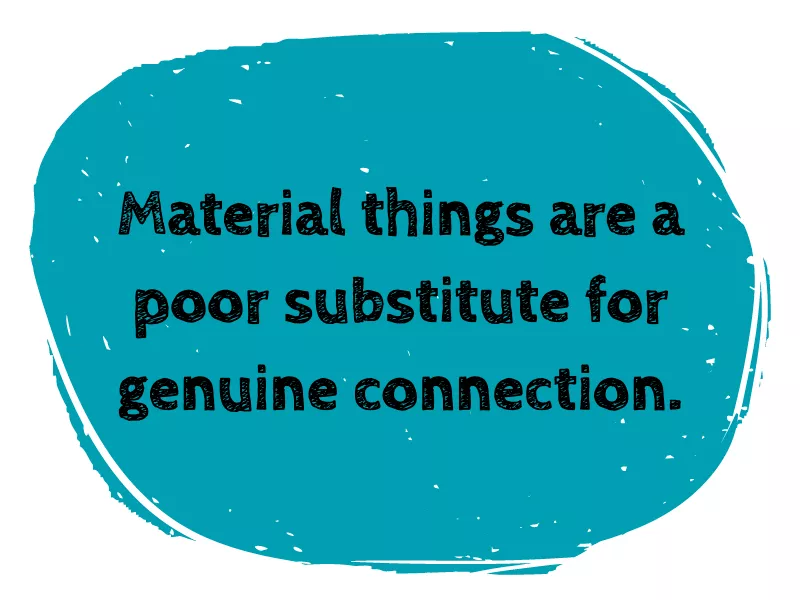
With many families depending on two incomes to function, it has become increasingly difficult to carve out quality family time. In fact, almost everyone seems to be too busy to socialize. Childhood is now filled with more and more stuff, yet less and less interaction.
But anyone who has maxed out a credit card after a bad breakup knows a universal truth: Material things are a poor substitute for genuine connection. When kids miss out on that essential one-on-one time with you, it shows, and no amount of shiny new toys can hide it.
The Solution: Schedule Family Time Kids Can Count On

Planning for family time gives kids some stability. Getty Images
If you don’t have the time to spend all weekend focused on kids, that’s OK! If you can’t set aside a day, set aside one afternoon that’s dedicated 100 percent to family time.
It doesn’t matter how you spend it, as long as kids know they can count on you to be there. Set aside the phone calls and to-do list. Be present, and your kids will thank you.
Running Your Household Like a Dictatorship
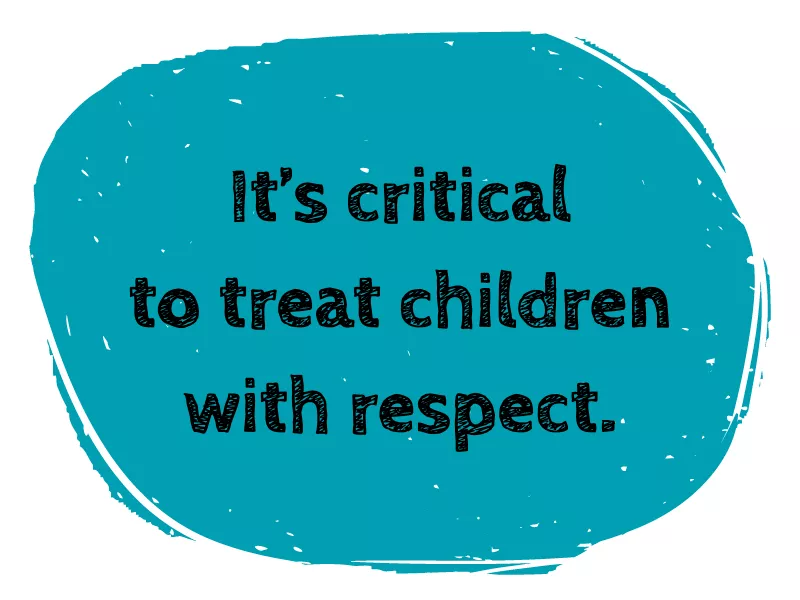
Rules and boundaries are essential for raising well-balanced kids, but enforcing them too harshly can backfire, big time. While maintaining your authority as a parent is important, it’s also critical to treat children with respect.
What incentive do they have to keep trying to please you if all they receive in return is criticism?
The Solution: Parent Like a Leader
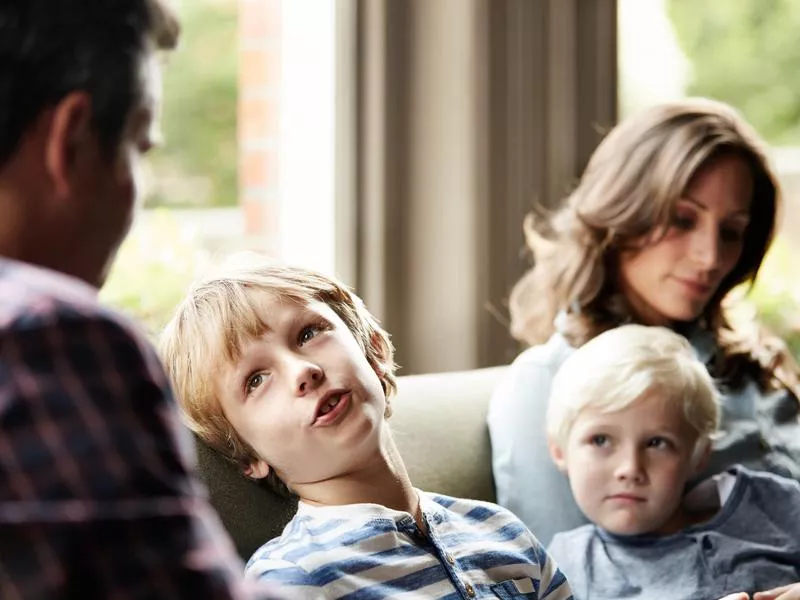
Listen to your kids when doling out punishments. Getty Images
Rather than ruling with an iron fist, show kids you’re willing to listen if they think a rule or consequence is unfair. Don’t just placate them; really hear them out!
By understanding your child’s feelings, you may uncover the reason behind their tantrums and transgressions and reconsider your approach. Even if you decide the punishment fits the crime, taking the time to consider your child’s opinion will foster open communication, trust and mutual respect.
Parenting All Your Kids the Same
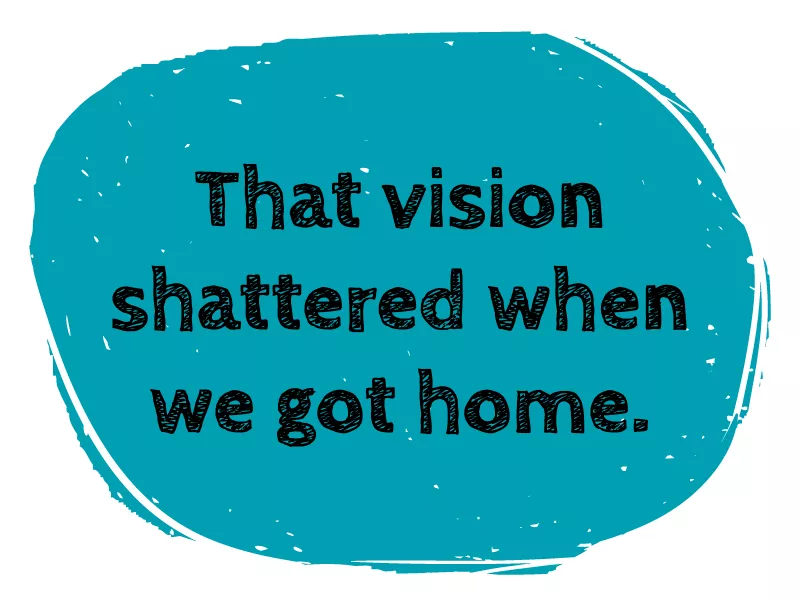
When I was pregnant with my daughter, I experienced a universal new-mom moment. As I felt my baby kick, I imagined what she might be like when she finally arrived. I imagined peaceful hours together, breastfeeding as nature intended and singing her to sleep after a warm bath. That vision shattered the second we got home. As much as we tried, breastfeeding was NOT natural. It was freaking hard. Singing her to sleep might have worked had she been able to hear the lullabies over her screams. And that warm bath? She pooped in it.
My daughter was beautiful, joyful and extremely demanding. Four years later, that fiery personality hasn’t changed a bit. I’m not sure what I imagined, but my daughter is both better and more challenging than I ever expected. After years working with children, I also have encountered many moms who were shocked to find that what worked like a dream for their first child was useless with their second.
The Solution: Parent the Kid You Have, Not the One You Imagined
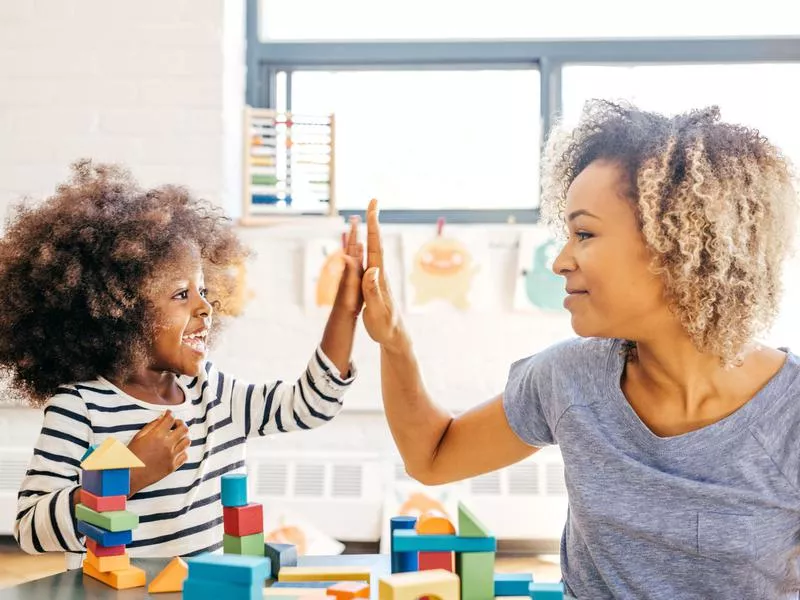
Every kid requires a different parenting style. Getty Images
To fully love our kids, we must love them for who they are, not who we expected them to be. In a way, parents of three kids may need to learn to be three different parents. Regardless of what we thought our kids would be like, learning to appreciate their unique qualities opens huge doors.
When we can do this, we can connect with them on a deeper level and give them the support they need to become the best possible version of themselves. The chance to see them discovering their own potential — how exciting is that?
It’s OK to Be Human
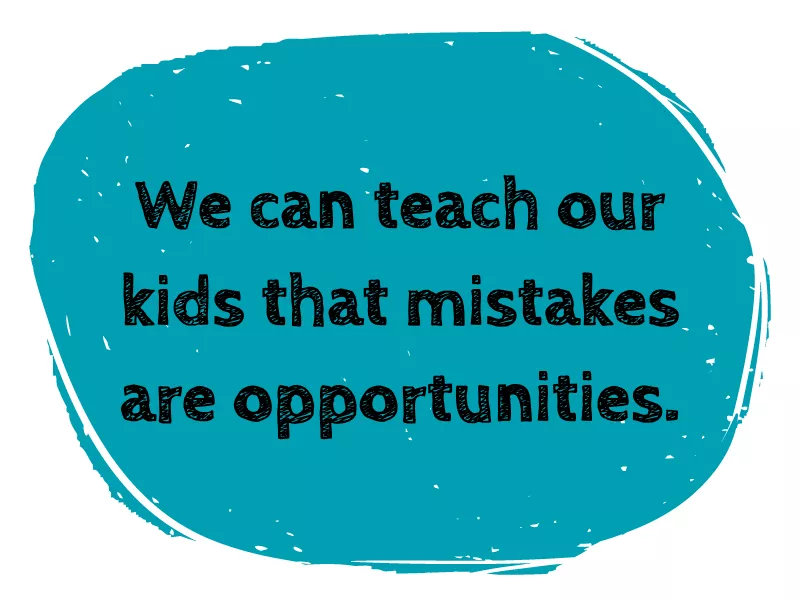
At the end of the day, every parent is going to make mistakes. Our lack of perfection, fortunately, is healthy. It shows our kids that we, too, are human. We do our best, and when our best isn’t good enough, we get up and try again. We listen. We adapt. We grow.
By setting that example in our parenting, we can teach our kids that mistakes are opportunities. It’s our choice to get stuck in our ways or learn from our failure that makes all the difference. Which will you choose?